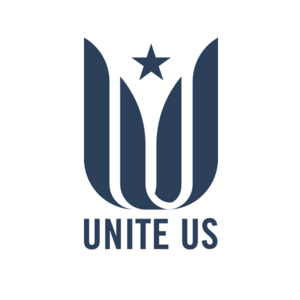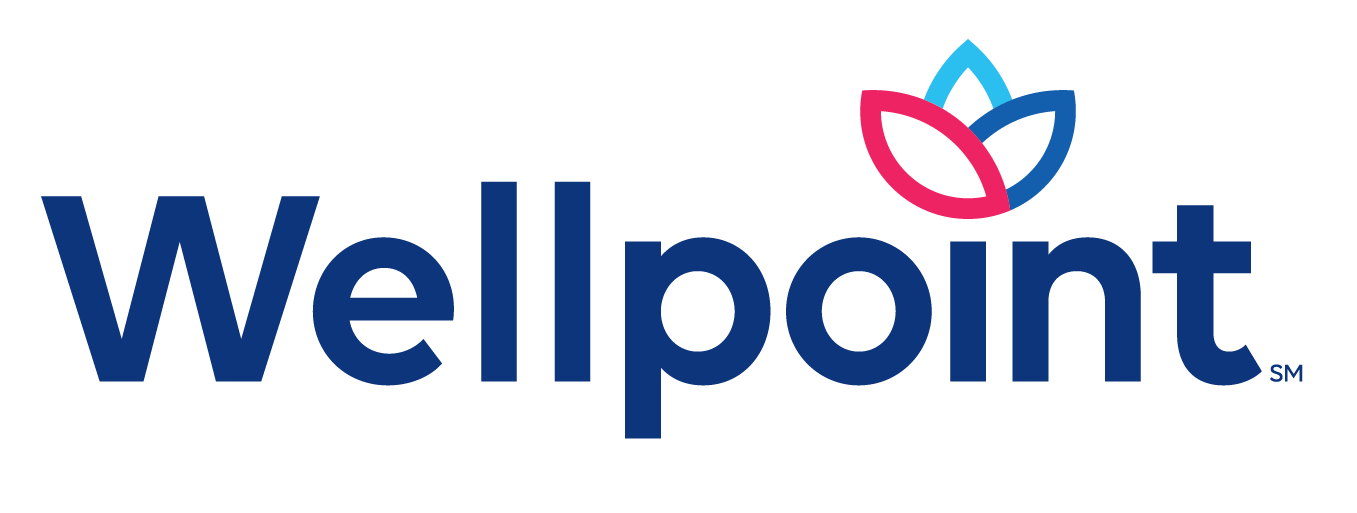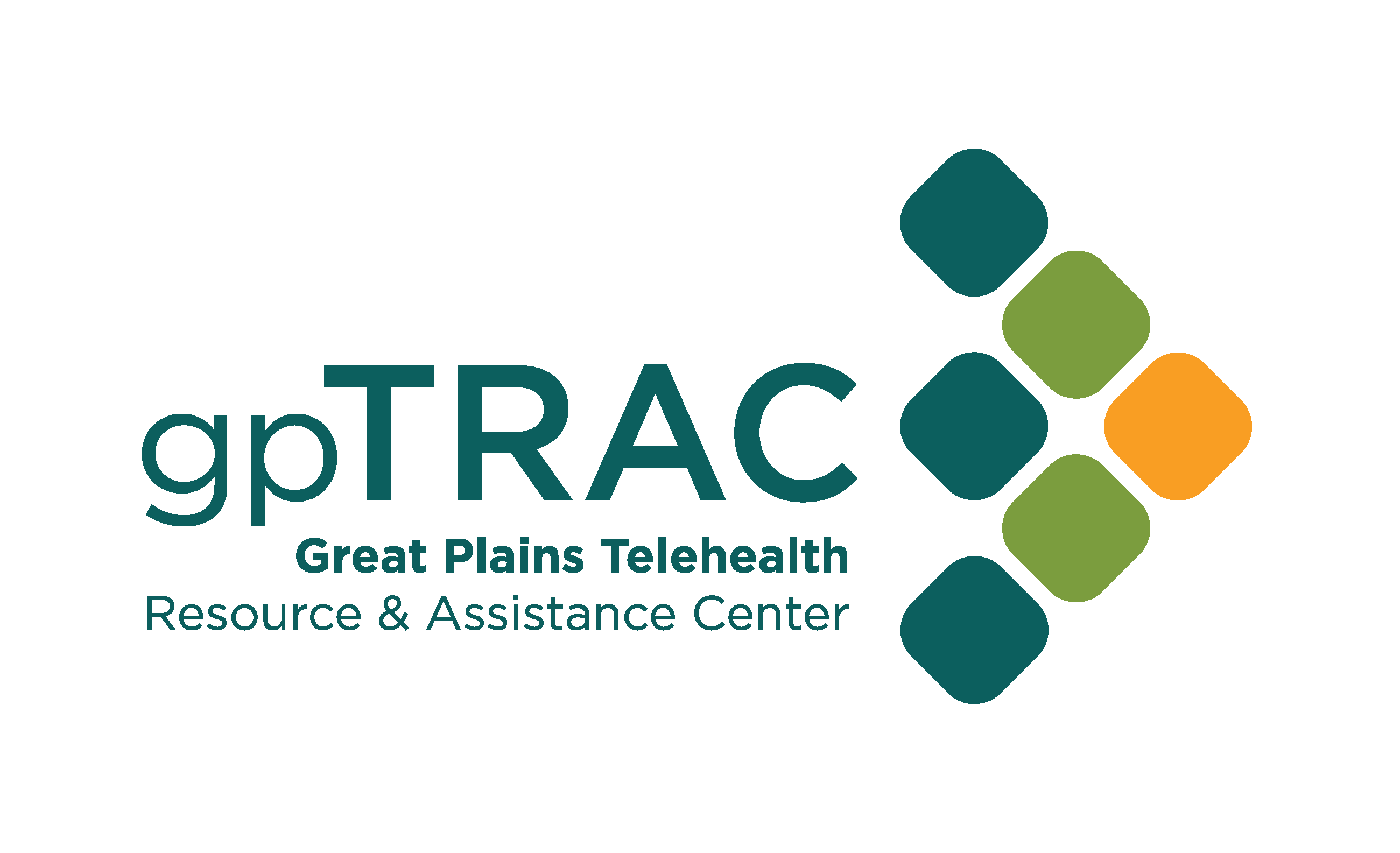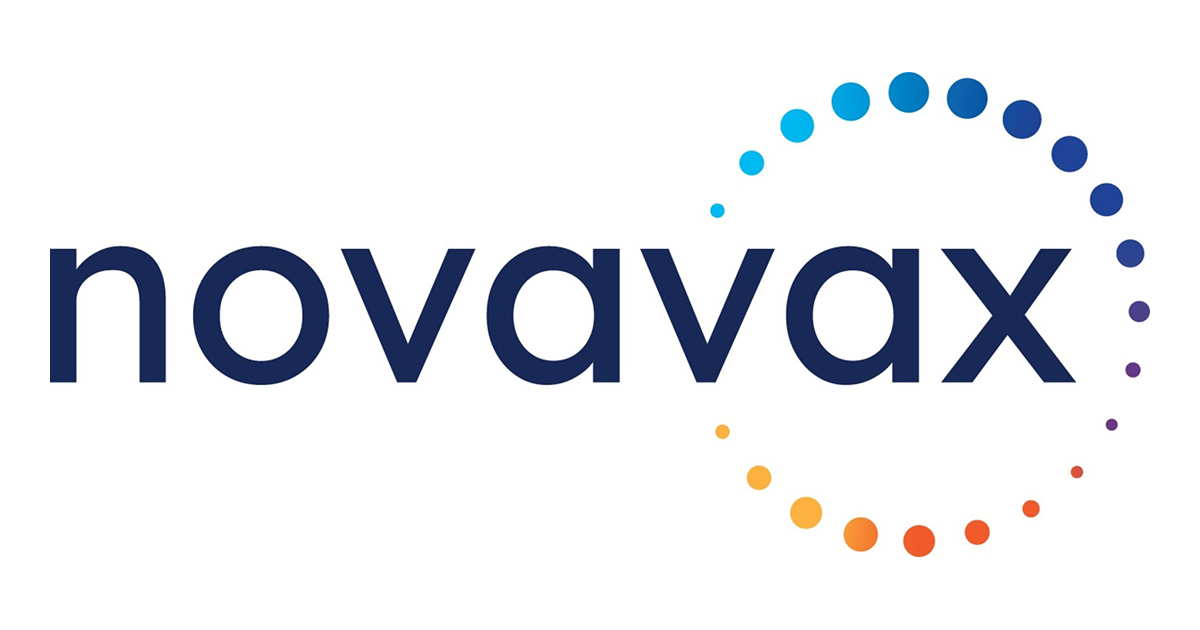A former Capitol Hill staffer, Jeanie Jew, was the first to suggest that there should be a time of recognition. Her great grandfather, who helped build the transcontinental railroad in the United States, was killed during a period of anti-Asian sentiment in the late 19th century. In 1978, Asian Pacific American Heritage Week was established. This would later be extended to a month in 1990 and Asian Pacific American Heritage Month was designated in 1992.
The Federal Asian Pacific American Council (FAPAC) theme is “Advancing Leaders Through Opportunity”, a continuation of the “Advancing Leaders” theme series beginning in 2021. FAPAC shares that, “Opportunity can be built, it can be accessed, it can be achieved, or it can be given.” This theme highlights the challenges faced both in community life and in the workplace - an aspect that can sometimes be overlooked. There are often barriers for AA & NHPI employees, especially in terms of leadership opportunities. It is essential that organizations focus on justice, equity, diversity, inclusion, and belonging (JEDI-B) initiatives through organizational culture and workforce practices such as trainings, continuing education, and professional development opportunities.
Iowa’s community health centers provide care to more than 8,000 Asian people, 160 Native Hawaiians and 1,900 Pacific Islanders. The Iowa Primary Care Association recognizes and celebrates the unique cultural and historical differences among these groups, as well as the disparities in healthcare, and recommit ourselves to intentional action in our work and to our vision of health equity for all.

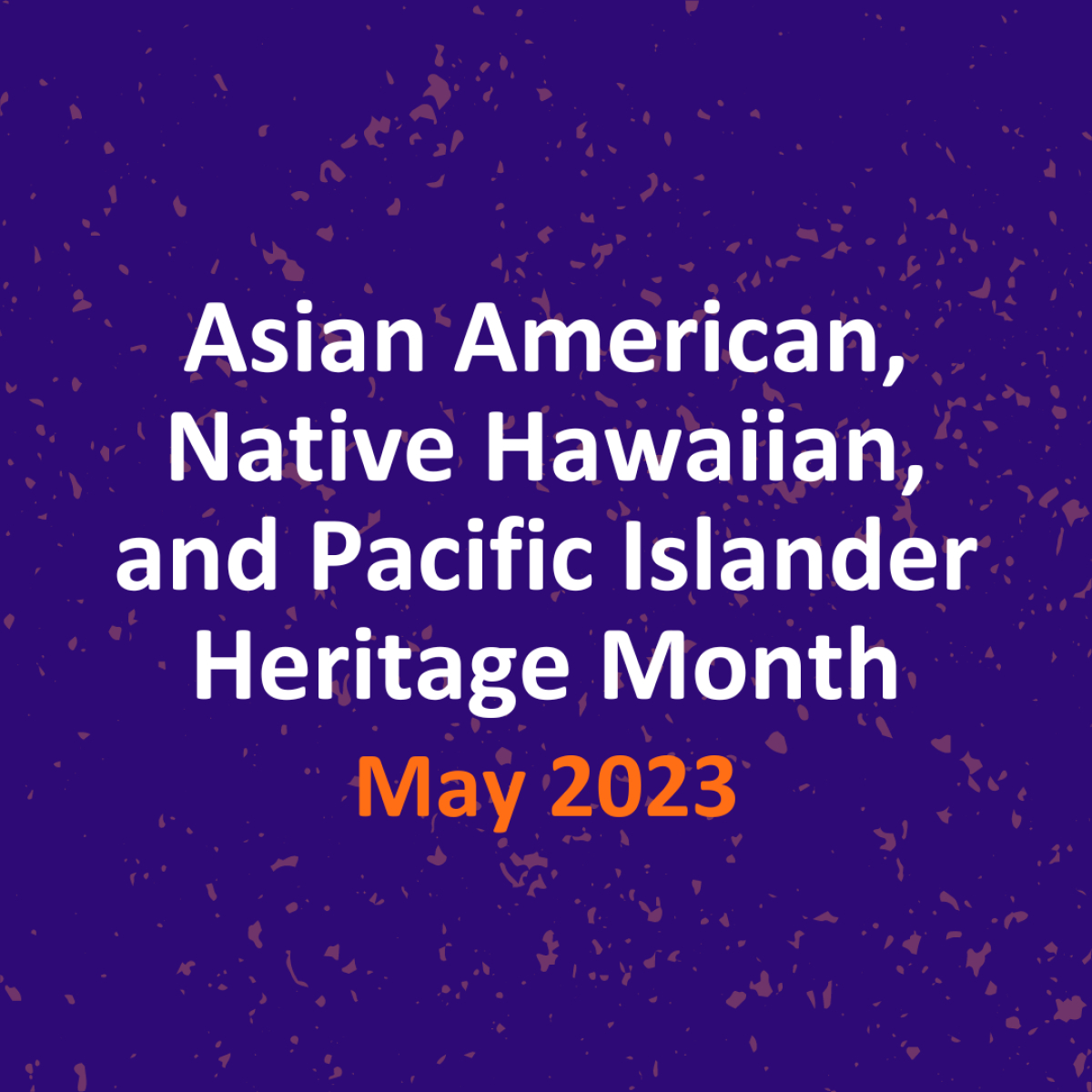
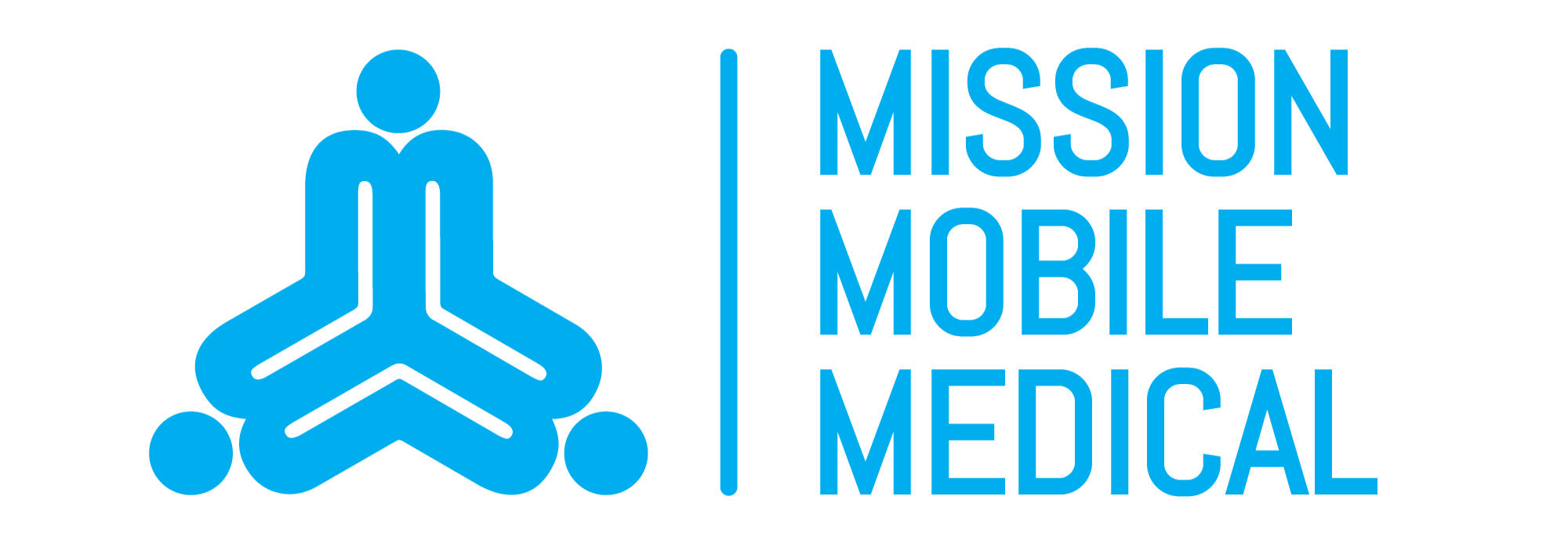

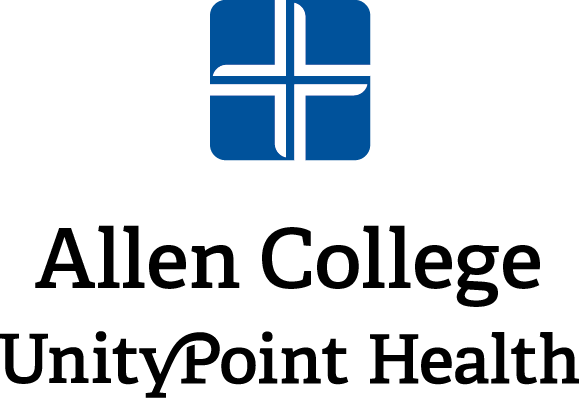








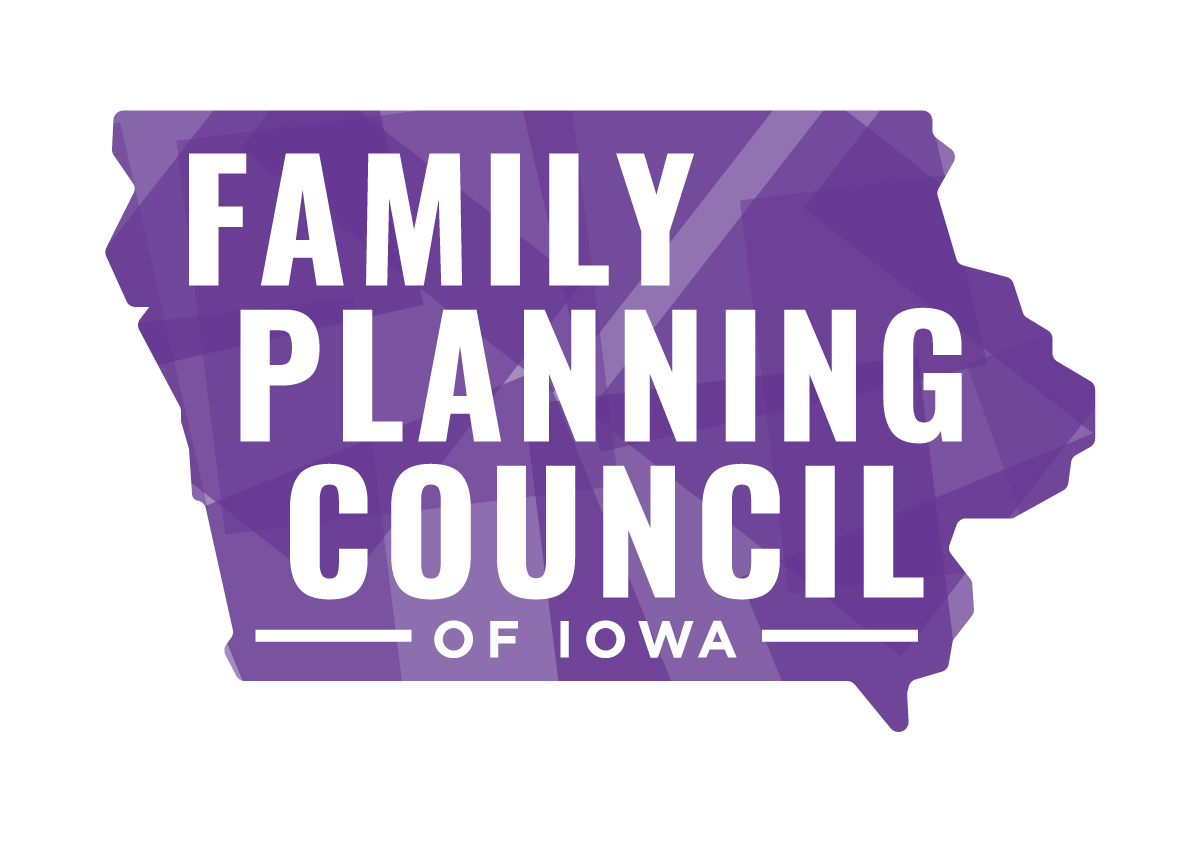




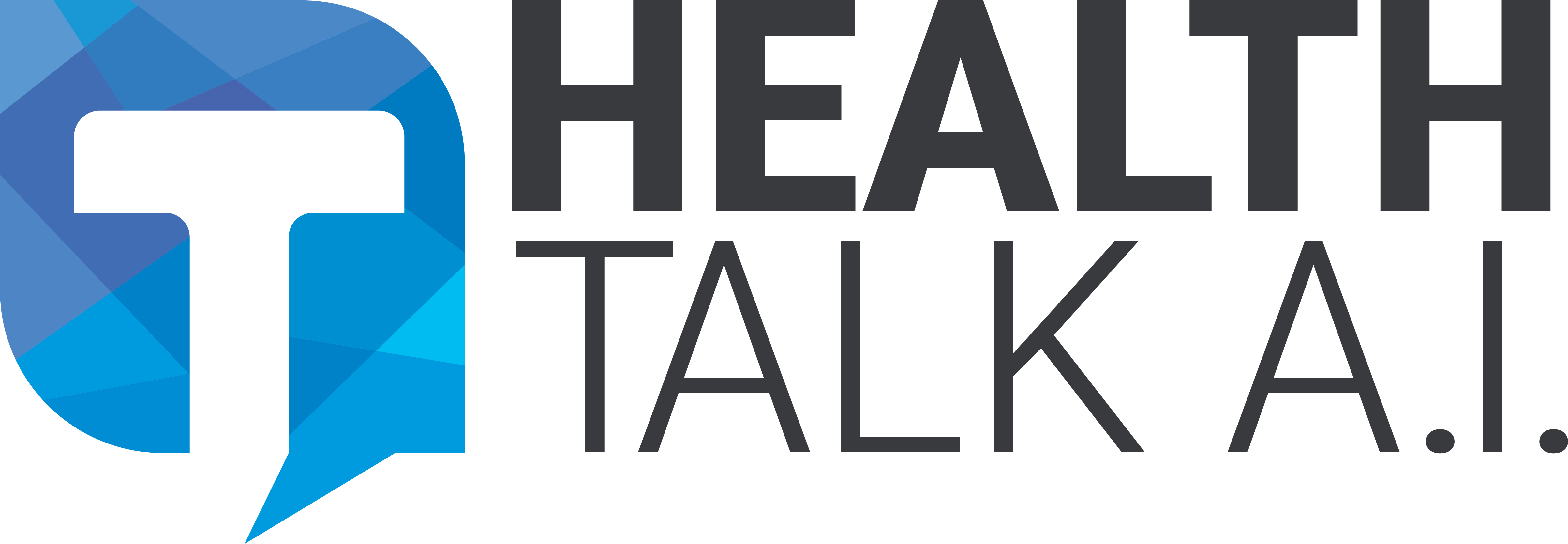
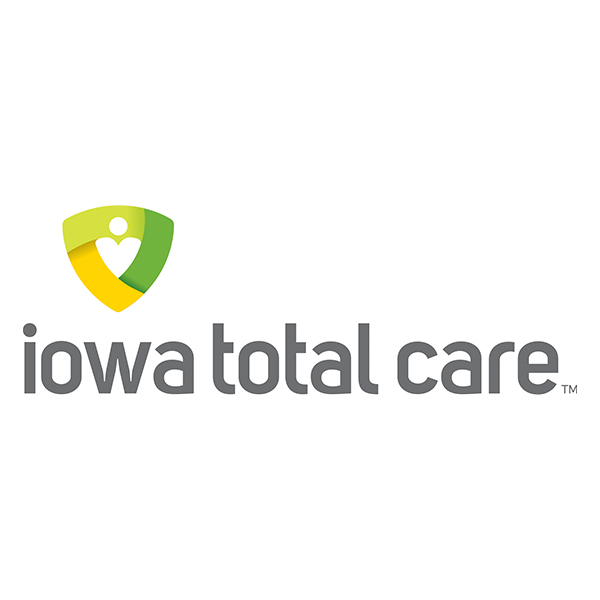



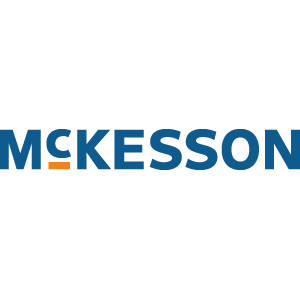



.png)





